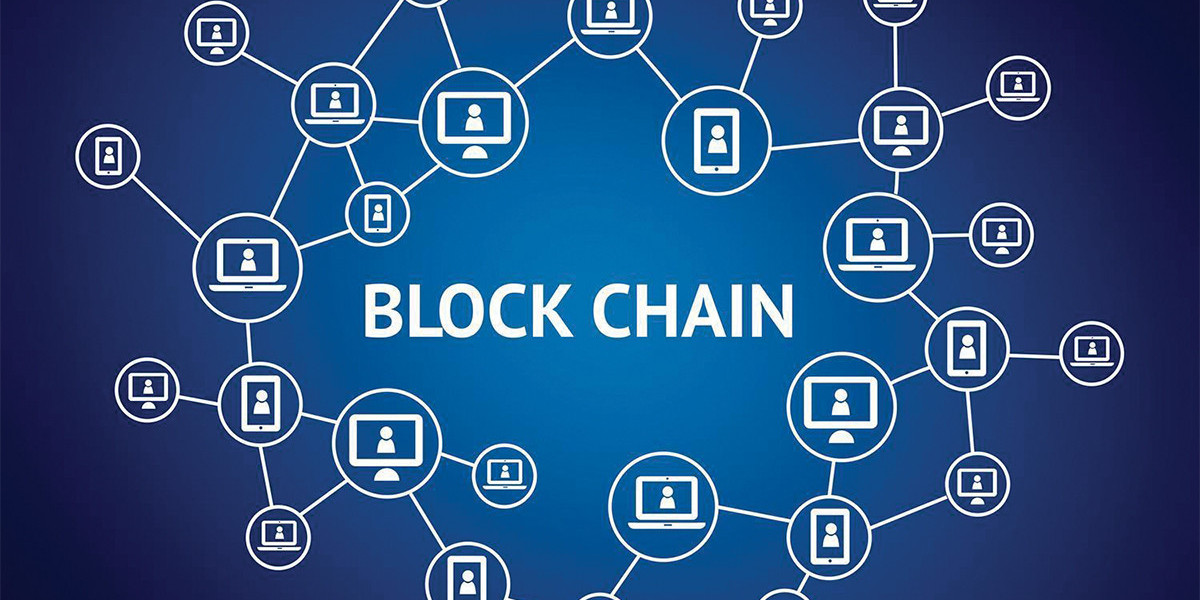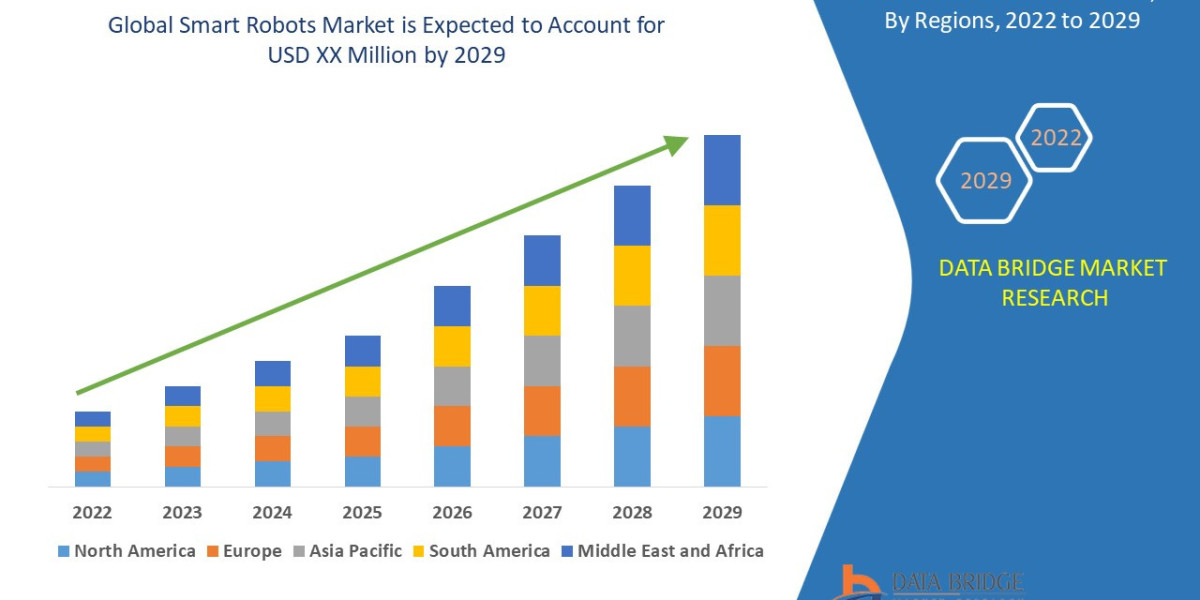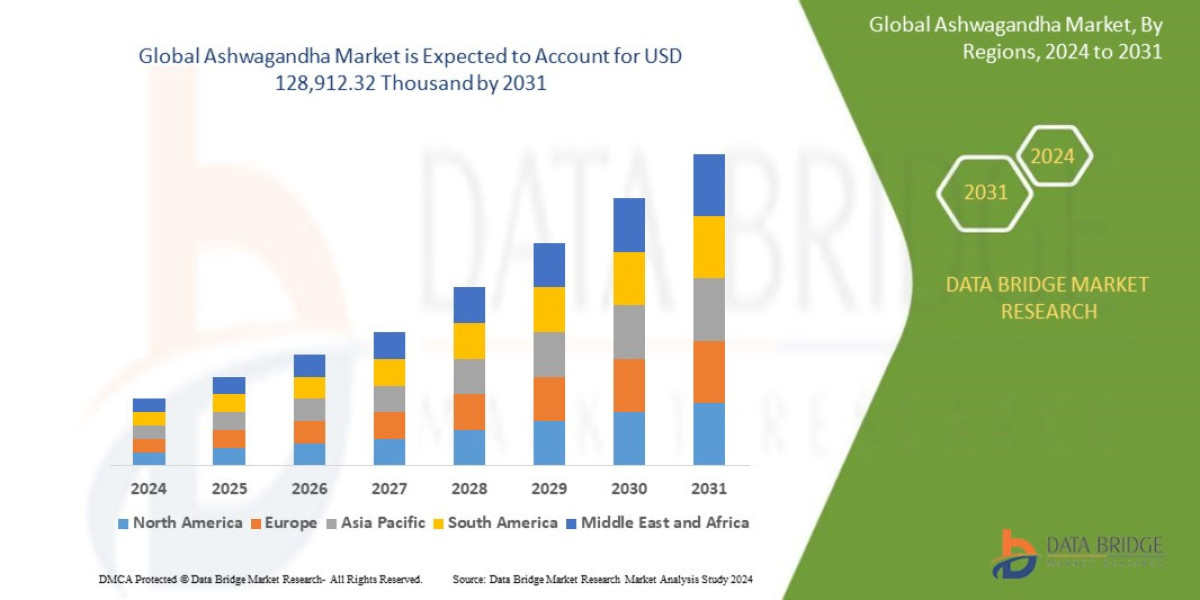The healthcare industry is undergoing a digital transformation—and blockchain technology is playing a crucial role in shaping that future. From improving patient data security to streamlining clinical trials, blockchain is revolutionizing how the medical world operates. But what exactly does the future look like?
Let’s explore the exciting possibilities and challenges of blockchain in healthcare.
Understanding Blockchain in Healthcare
Blockchain is a decentralized, distributed ledger technology that allows data to be recorded securely and transparently. In healthcare, it can store medical records, track pharmaceuticals, manage consent, and ensure data integrity across providers.
Unlike traditional databases, blockchain offers:
Tamper-proof records
Decentralized access
Smart contract automation
Real-time updates with full traceability
Enhanced Data Security and Privacy
One of the most promising applications of blockchain is health data security. As patient records become digitized, protecting that sensitive information is critical. Blockchain can encrypt and anonymize data, making it accessible only to authorized users.
Benefits:
Reduces the risk of data breaches
Provides patients with ownership of their health records
Enables secure data sharing across institutions
? Improved Interoperability Between Systems
Currently, many healthcare systems operate in silos, making data exchange between hospitals, clinics, and labs slow and inefficient. Blockchain enables a unified system where patient data can be accessed securely by authorized parties—regardless of location or software.
Future Possibilities:
Real-time updates to patient histories
Seamless transfers of records between doctors
Reduced duplication of tests and paperwork
Tracking Pharmaceuticals and Preventing Fraud
Counterfeit drugs are a major global health risk. With blockchain, the entire supply chain of a pharmaceutical product—from production to delivery—can be recorded in a transparent ledger.
Benefits:
Verifies drug authenticity
Prevents supply chain manipulation
Enables recalls with pinpoint accuracy
Revolutionizing Clinical Trials
Blockchain technology can also bring transparency and trust to clinical research. It can record trial data immutably, ensure ethical compliance, and make audit trails easier for regulators.
Impact:
Builds trust in trial outcomes
Reduces fraud in data reporting
Enhances recruitment and consent management
Empowering Patients with Data Ownership
In the future, blockchain can give patients full control over their medical data. With personal health wallets stored on blockchain, individuals can decide who accesses their data and when.
Example:
Imagine a cancer patient sharing their full medical history instantly with a specialist across the globe—with a single click, all powered by blockchain.
Cost Reduction and Administrative Efficiency
By automating billing, insurance claims, and verifying transactions through smart contracts, blockchain can significantly reduce the cost and complexity of healthcare administration.
Key Opportunities:
Minimize insurance fraud
Streamline claim settlements
Reduce third-party overhead
Challenges to Widespread Adoption
Despite its potential, blockchain faces barriers:
Regulatory uncertainty
Integration with existing systems
Scalability concerns
Technical expertise and infrastructure costs
However, as blockchain evolves and healthcare systems embrace innovation, these challenges will gradually be overcome.
Real-World Examples of Blockchain in Healthcare
IBM and the FDA are collaborating on using blockchain to exchange health data.
MediLedger helps verify the legitimacy of prescription drugs.
BurstIQ offers a blockchain-based platform for managing healthcare data transactions.
Final Thoughts: A Healthier Future with Blockchain
The future of blockchain in healthcare is promising and transformative. It brings a new level of trust, efficiency, and empowerment for patients and providers alike. While challenges remain, the momentum is building—and the coming years may see blockchain become a foundation of modern medical systems.
Healthcare is more than treating illness—it's about building trust, ensuring privacy, and delivering better outcomes. With blockchain, that future looks brighter than ever.








